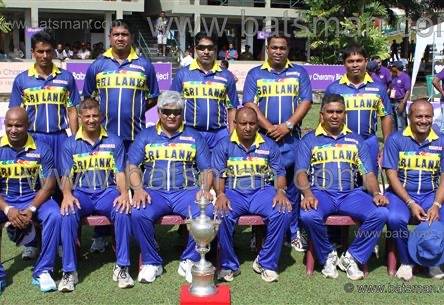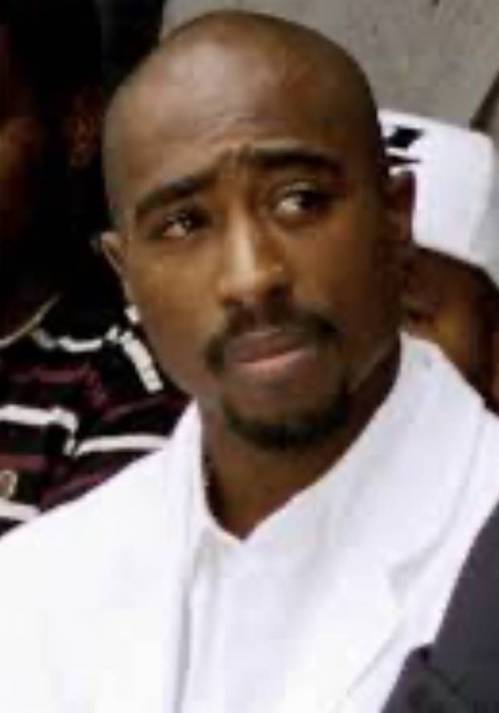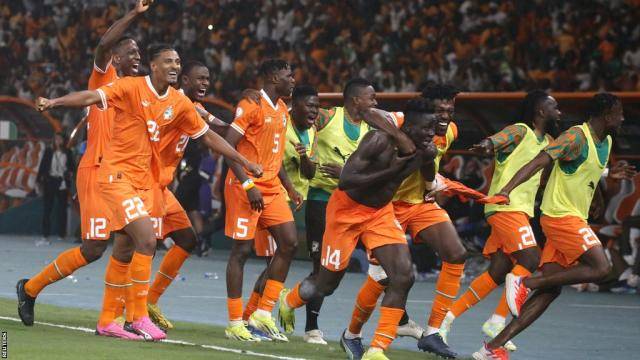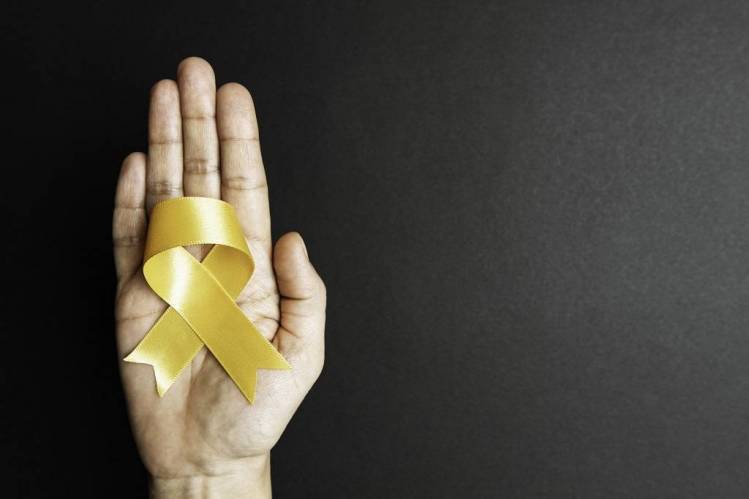1996 remains the only time Sri Lanka have won the 50-over World Cup

The Gaddafi Stadium lights the pre-tournament 66-1 outsiders duly crushed the vaunted Australians to complete one of cricket's greatest underdog tales. The story of how a proud island nation overcame bombings, boycotts, and near-bankruptcy at its cricket board to reach the top of the world 25 years ago this month is the subject of In many ways, it fitted that Mark Taylor's men provided the opponents in Sri Lanka's first World Cup final, given that many trace the origins of their success back to their acrimonious tour of Australia just a few months earlier.
And according to Sri Lanka's then-coach Dav Whatmore, whose hiring had ironically been bankrolled by the Australian board, the players emerged from the tour with a siege mentality. It wasn't a case of us sitting in a room and saying we are galvanized," says Whatmore. "It's just an inner feeling that you get as a group where you close ranks and you really want to protect not just Murali but Sri Lankan cricket. You could feel it in the air that we were all united.” Unity in the dressing room was not reflected in the country at large. A suicide bombing in Colombo on 31 January was one of the deadliest attacks in a civil war that raged from 1983 to 2009 and prompted both Australia and the West Indies to pull out of their World Cup matches in the city.
"We were so disappointed that teams were pulling out because this was a huge moment for Sri Lanka to be hosting World Cup matches for the first time," says Roshan Mahanama, a key pillar of the Sri Lankan middle-order at the time. "But India and Pakistan came to show that it was safe - and Zimbabwe and Kenya followed suit.” Having spent the first week of the tournament watching on as the main contenders got their campaigns underway, Sri Lanka let out their frustrations on Andy Flower's Zimbabwe, chasing down a target of 229 with a remarkable 13 overs to spare. Aravinda de Silva scored 448 runs at an average of 89.60 in the 1996 World Cup.
But if that was impressive, then it was a victory over India in Delhi that really served notice of Sri Lanka's title-winning potential. Set an imposing 272 thanks to Sachin Tendulkar's run-a-ball 137, Sri Lanka made a blistering start thanks to openers Senath Jayasuriya and Romesh Kaluwitharana and powered home in the penultimate over. Buoyed by their deeds in Delhi, Sri Lanka returned to Kandy and treated their home crowd to a display of power-hitting previously unseen in the 50-over game. In racking up 398-5, they set a new record for an international match that was unbroken for 10 years.
"If you were the crowd and you weren't concentrating, those balls were coming at you like scud missiles," says Whatmore. "It was just an avalanche. England’s more prosaic approach to 50-over batting was brutally exposed in a one-sided quarter-final as Jayasuriya's 44-ball 82 powered Sri Lanka into the final four and another meeting with the Indians. In front of more than 100,000 fans in Calcutta, Sri Lanka posted 251-8 thanks to half-centuries from Araneda de Silva and Mahanama. At 98-1, India looked on course for the final, but Tendulkar's stumping sparked an extraordinary collapse to 120-8 that was all too much for the partisan crowd. As glass bottles Defeating India made Sri Lanka instant heroes in Pakistan as they flew into Lahore to the final. Stories abound of Sri Lankan flags flying all over the city and players treated like royalty when they stepped onto the streets.
Whatmore estimates that more than 90% of the crowd at the Gaddafi Stadium were cheering for his team as they won the toss and inserted an Australian side featuring the Waugh brothers, Ricky Ponting, Shane Warne, and Glenn McGrath.
If De Silva was Sri Lanka's star performer with the ball - claiming three wickets in Australia's 241-7 - it was with bat in hand that the diminutive stroke-player provided the final's most enduring motifs. Arriving at the crease following the cheap dismissal of both openers, he scored all around the wicket in a perfectly-paced hundred before allowing Ranatunga to apply the coup de grace in the 47th over.






0 Comment